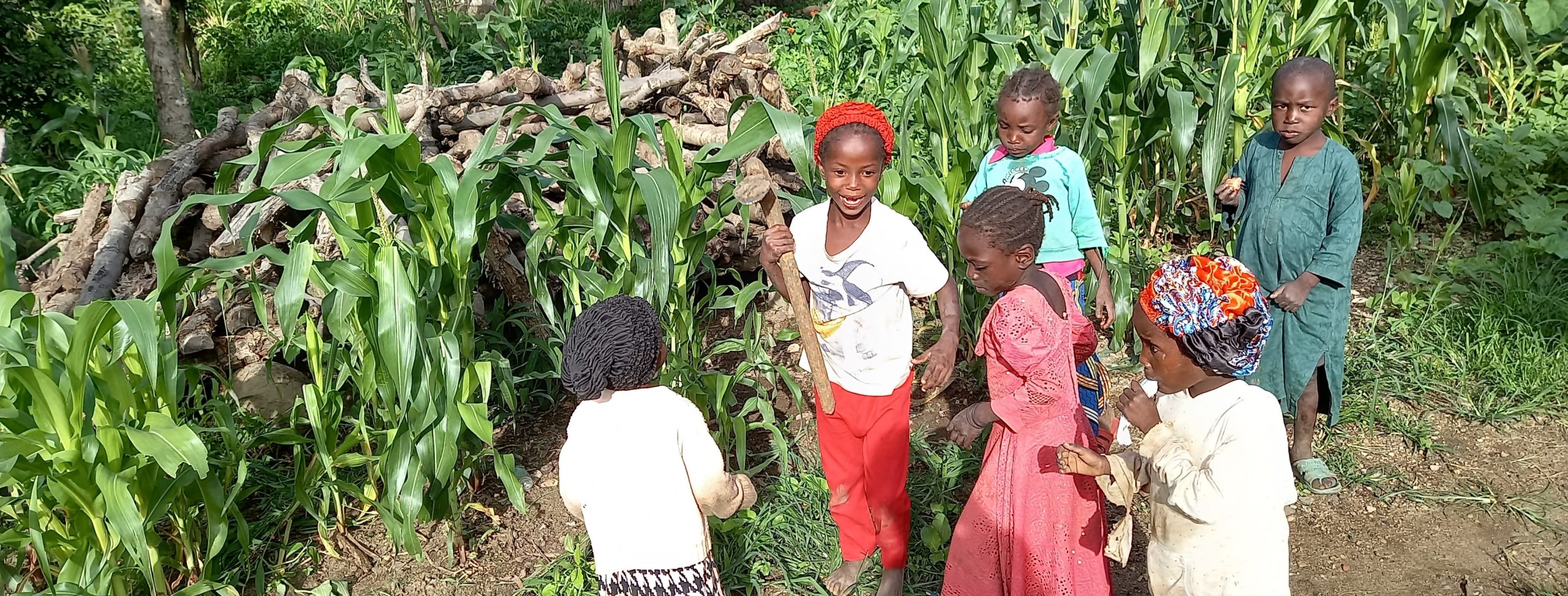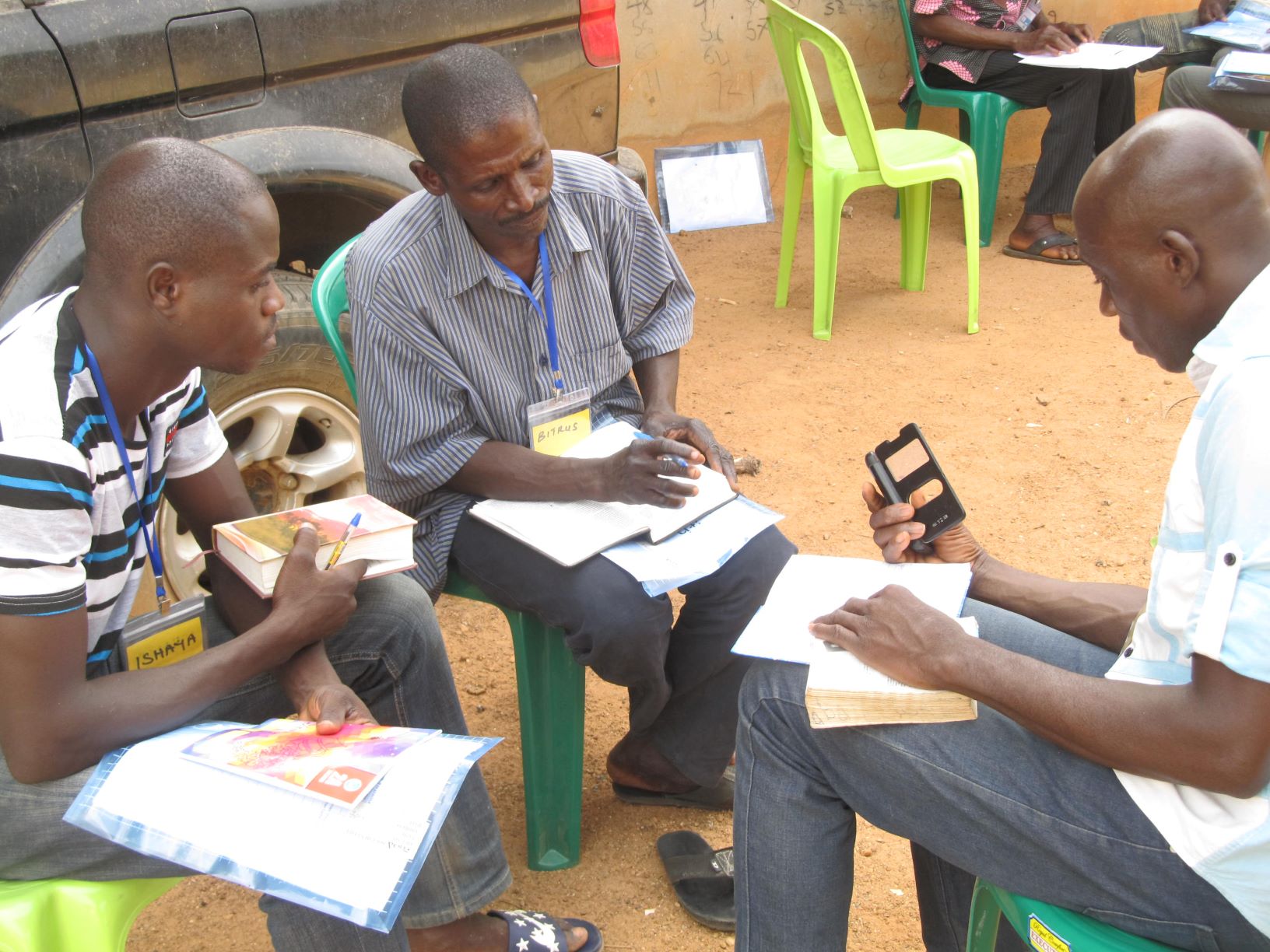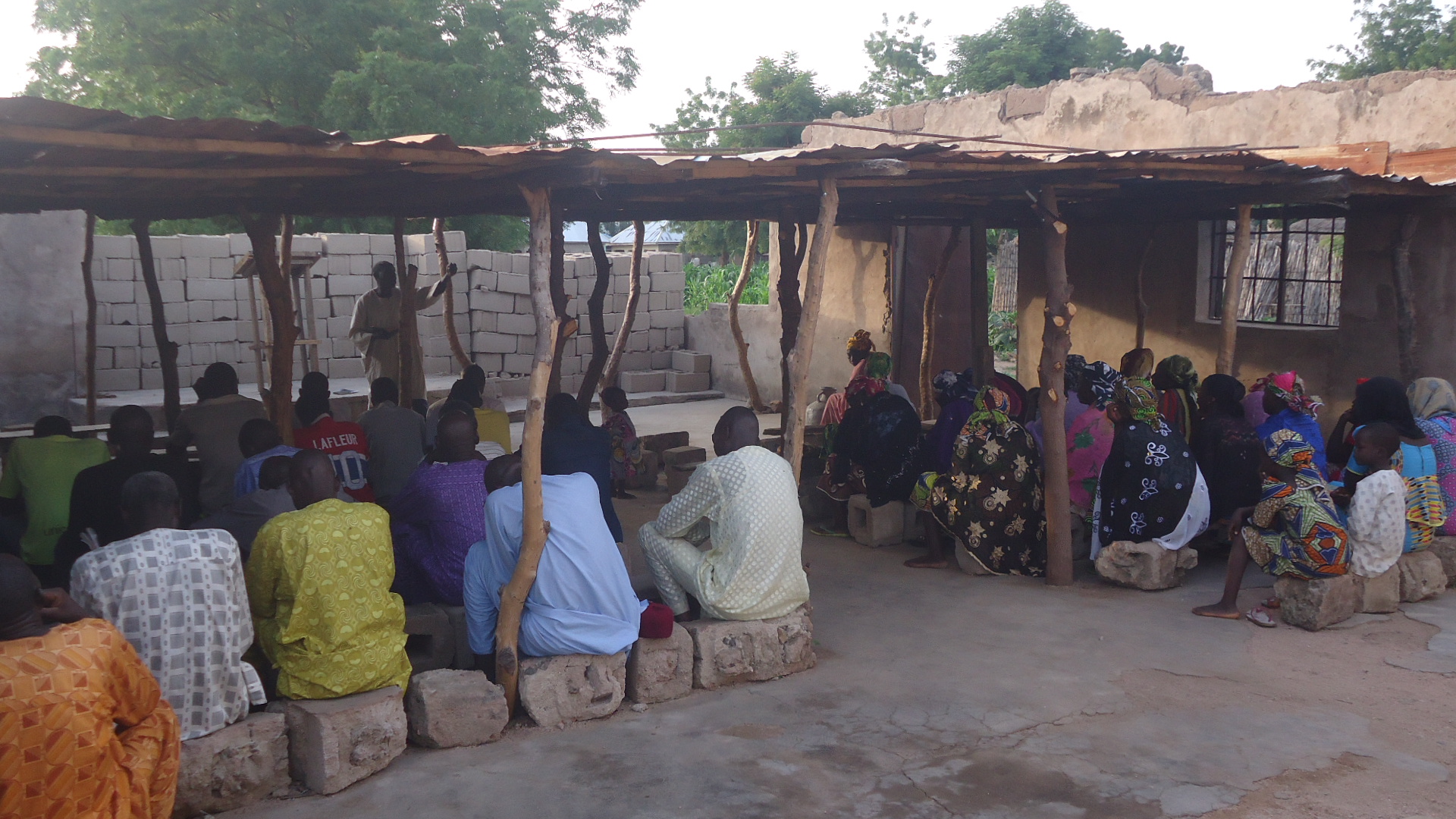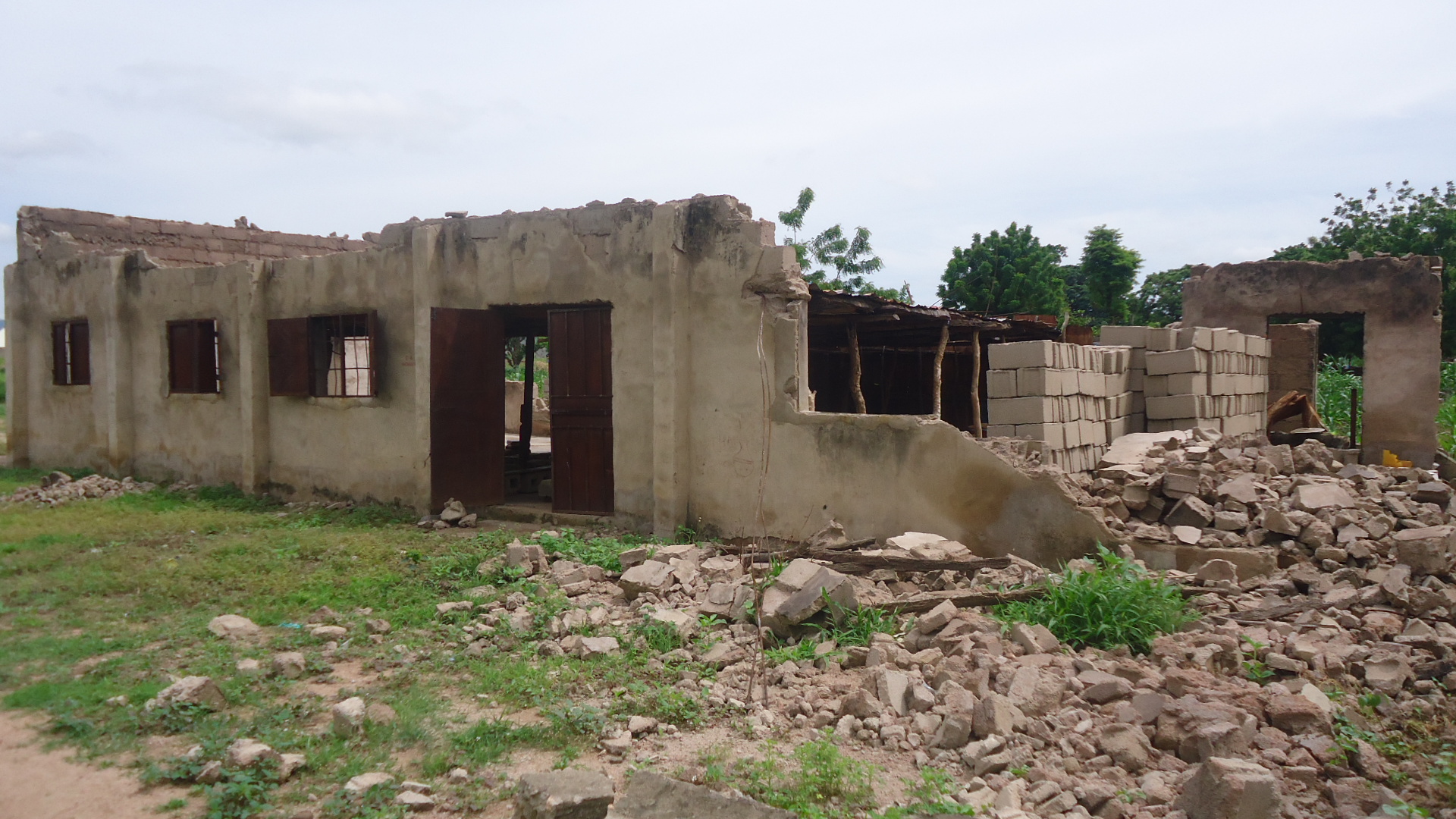‘When Boko Haram attacked our village, Whitambaya, one of my friends ran to me and said, “What can we do? Can we just accept Islam and then when these people leave we can continue our Christian life?”’
How do you answer a question like that? When Malgwi Yunana’s friend asked him in 2016, Malgwi knew exactly where to turn.
‘I opened Revelation 6:9–11, which says, “I looked under the altar, and I saw the souls of those that were slain. and they cried to God, ‘When will you judge the people that killed us?’”’
In the passage, the martyrs are told to wait a little longer, until the full number of their Christian brothers and sisters have also been killed.
‘I told my friend, “Maybe we are the ones that these people are waiting for.”’
‘I knew Christ from my childhood’
Malgwi’s journey to faith and his familiarity with the Bible began early. ‘I was born in a small village in the northeast of Nigeria called Whitambaya,’ he says. ‘It’s surrounded by mountains and rivers, and most people are farmers, hunters and fishermen. The area is predominantly Muslim, but we lived in harmony. In one family you find Muslims and Christians. My father and mother are both Christians. My paternal uncles are Muslims. So I have some knowledge about Islam.
‘When I was growing up, my friends would join us for church. During Christmas we’d have Muslims coming to celebrate with us. We were very, very happy.
‘My father and mother didn’t have the chance to attend formal education, but they taught us a lot of wisdom. I knew Christ from my childhood because I was taught by my parents.’
‘Farming is something you grow up doing’
Malgwi has dedicated his career to helping people in Nigeria to access, understand and apply the Bible in their lives. This means that, like him, they will know where to turn in times of trouble, and be able to stand firm.
Having worked as part of the team that translated the Bible into his own language, Bura, Malgwi has first-hand experience of the difference Bible translation makes, enabling deeper and more immediate understanding of God’s word. Before the launch of the Bura Bible in 2014, he studied linguistics, Bible translation and Scripture engagement at the Theological College of Northern Nigeria, learning ways of helping people to understand and engage with the Bible in their everyday lives.
And for the majority of people in Nigeria, everyday life is all about farming.






